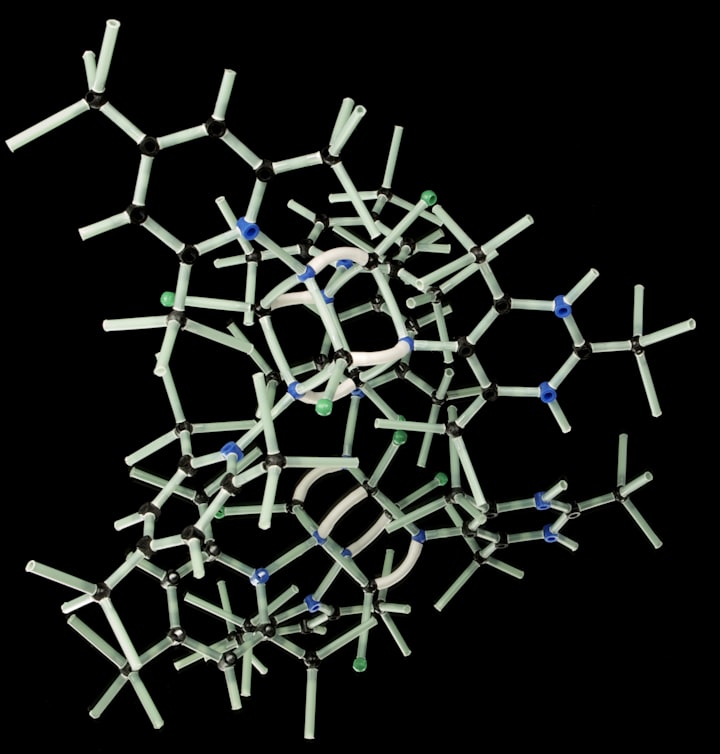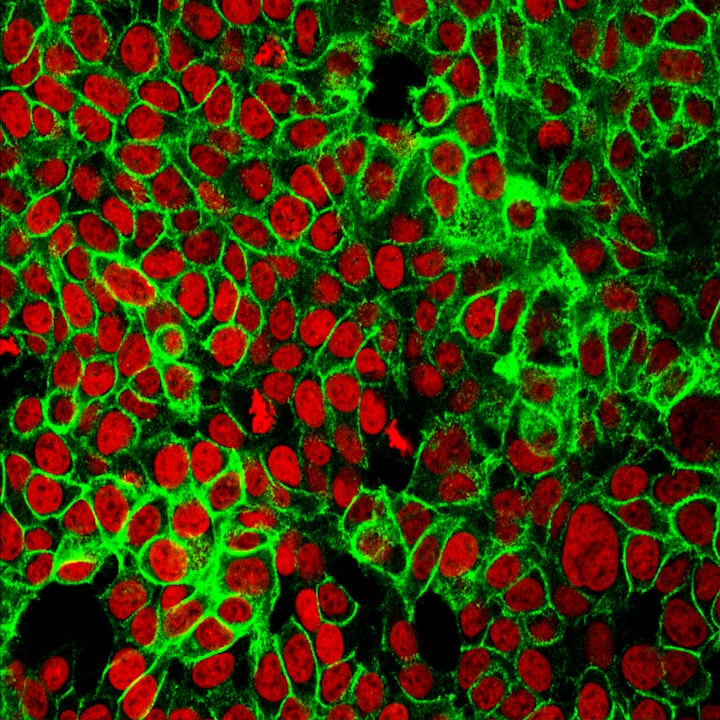How Does Neuronal Pruning and Synaptic Plasticity Shape Human Memory?
Learn how neuronal pruning, memory consolidation, and synaptic plasticity shape human memory.

The human brain's capacity for memory has long mystified scientists and scholars.
Comparisons to a vast library have been made in an attempt to illustrate its capability to store and process immense amounts of information.
Despite ongoing exploration, the exact limits of this capacity and the mechanisms that govern memory retention and pruning still elude complete understanding.
Storage Limit and Memory Types:
It's estimated by scientists that the human brain can house a staggering 2.5 million gigabytes of information. Our memory includes two primary types: short-term memory, which functions like a transient sticky note, and long-term memory, which resembles a permanent library collection, preserving information for extended periods, including crucial life events and acquired knowledge.
Neuronal Pruning and Memory Consolidation:
Similar to how a library must archive and remove books to make room for new acquisitions, the brain undergoes a process of selective pruning.
Neuronal pruning, a pivotal aspect of memory consolidation, entails the removal of unused connections between neurons, optimizing the brain's storage capacity for essential information and experiences.
Plasticity and Memory Formation:
The remarkable plasticity of the brain enables it to adapt and reorganize, thereby facilitating the encoding and retrieval of memories.
Synaptic plasticity, the ability of synapses to strengthen or weaken over time, underpins the formation of memories and the brain's capacity to learn and retain new information.
Forgetfulness and Memory Retention Interplay:
While forgetfulness is often viewed as a limitation of memory, it aligns with the brain's protective pruning mechanism.
While some details may fade from recollection, the brain prioritizes the retention of critical information, guiding decision-making and adaptive behavior.
Enhancing Memory Performance:
Various strategies, such as mnemonic devices, regular mental exercises, and adequate sleep, can aid in optimizing memory function, reinforcing the brain's capacity to retain and recall information.
Intriguing Frontiers of Memory:
The elusive nature of memory, encompassing its boundless potential and selective pruning, continues to beckon ongoing investigation.
Unveiling the intricacies of memory may pave the way for innovative approaches to cognitive enhancement and neurological interventions.






